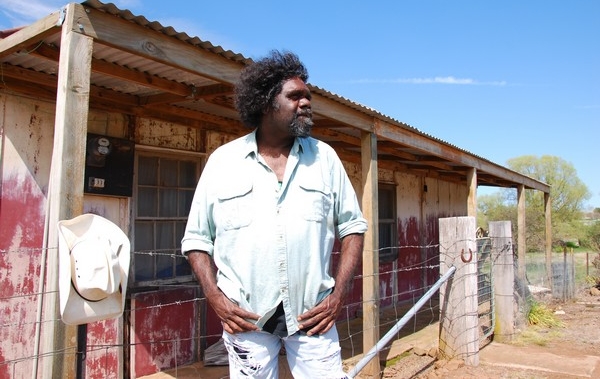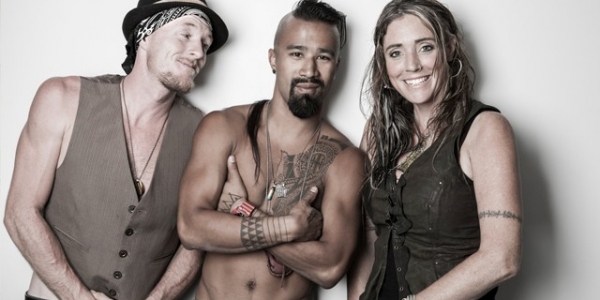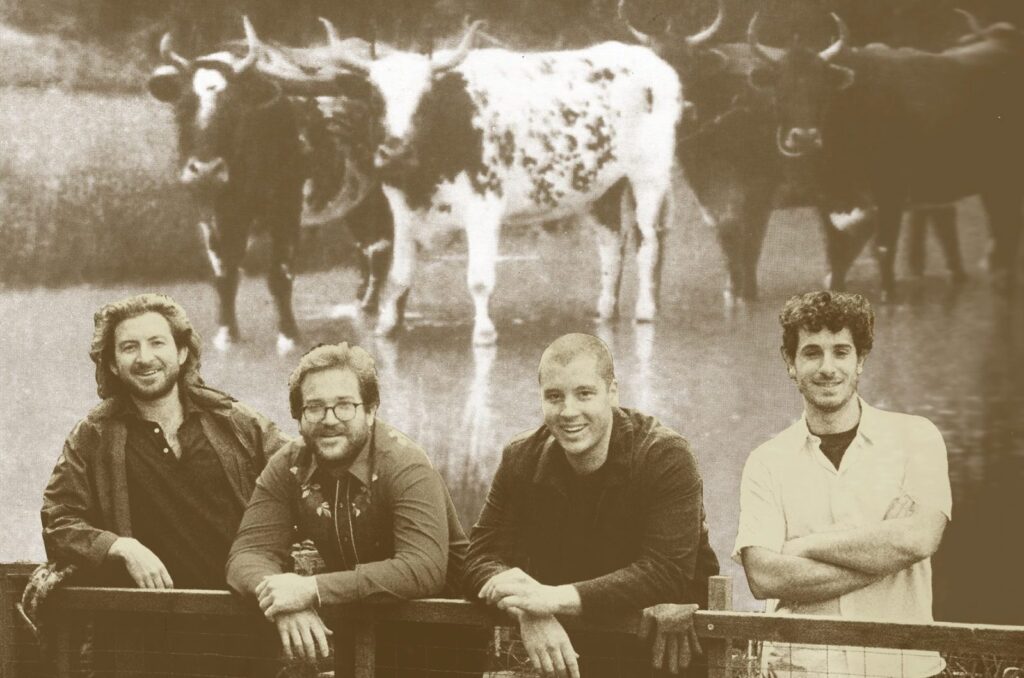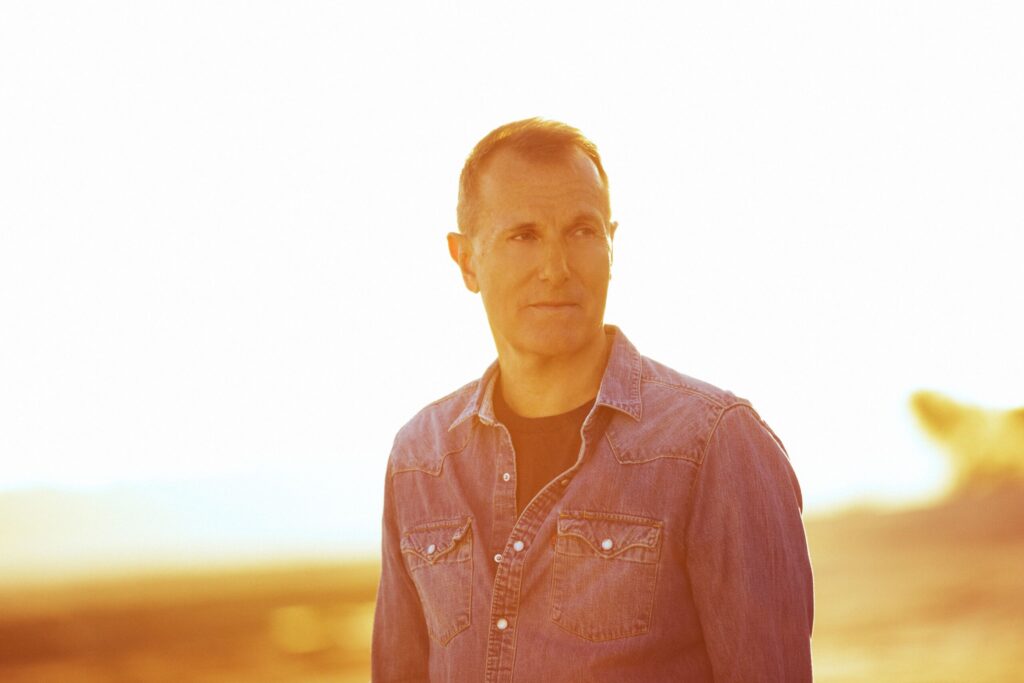When reflecting on his new record Uncle – which follows 2010’s celebrated Countryman – Yamma simplifies, “Uncle’s quite different than Countryman.”
He continues, “It’s like the next step. It’s similar to Countryman, but it’s different to Countryman. It’s another level.”
Uncle and Countryman do share a number of key characteristics. Yamma’s songs are regularly driven by his expressive acoustic guitar work – impressive but never peacocky – and simple, yet unexpected chord progressions. Melbournian musician David Bridie produced both records, and Yamma explains how important Bridie’s been for developing the recordings.
“It’s my own stuff that I play and he sort of likes twisting it around and make it more sound simple and all that stuff. That’s great for me to work [with]. Sometimes he likes my stuff and I like how he changes it all the time. All the old songs in Countryman, some of them used to be rock’n’roll and he just slowed it down, way way slow and said, ‘They’re supposed to be slow songs.’ It wasn’t being rock’n’roll sort of music, so he made them be slow songs.
“Working on Uncle, there was three of us,” he adds. “We had a sound engineer, David and then me. Three heads work better than one. It’s a juggling thing. So, I have to do this stuff which I want and then David’s just sort of always there, finding an option or which way we have to play. Singing-wise, I have to sing it my way.”
The lifeblood of both records is Yamma’s unassailable vocals and the detailed unravelling of his unique perspective. At certain moments – such as Uncle’s opening number, A Black Man’s Crying – this binary spawns enshrouding poignancy, which appears to be sent from another dimension.
Attempts to articulate the precise cause of prodigious artistry are hardly ever useful, but Yamma’s willing to shed light on his songwriting process.
“I find a scale and then I have to fit the words into the scale,” he says. “Singing in a scale, [I have to choose] what words are going to be in that particular area. It makes me think really wild. I’m thinking, ‘I’ll give this word, I’ll give this word.’ [It’s] bits and pieces and when I sing it together, it just sometimes really makes me feel good.
“Sometimes it’s surprising,” he elaborates. “You see some things all the time and it sounds like you, or it’s waiting for you to write it down or something. This happens sometimes as a surprise, like, ‘Oh mate, I can’t get this thing out of my head,’ so I put the words in a pattern and I have to find the music for it. All the things happen in that moment, so you have to grab it before it slips away.”
Yamma may be a city dweller, but he prefers to keep to himself. His preference for solitude could explain why several of his songs appear to be intimate self-portraits. That said, he’s always thinking of how far his compositions will travel.
“When I’m writing a song, I think about the audience and the response from the song. That’s the main important part. I just don’t like writing songs for myself. I need the audience to listen when I sing on stage.”
Even though Yamma values privacy, he hasn’t been deterred from taking his music out on the road. As well as multiple Australian tours, over the last few years he’s performed at reputable festivals in the UK, Canada and Europe, and just last month accepted an invitation to perform at the prestigious WOMEX world music conference in Spain.
Powered by his stunning vocal apparatus and unvarnished lyrical revelations, Yamma’s live performances are known to induce sincere vulnerability in audience members.
“The great thing about the audience; [it makes you think about] how you’re going to feel comfortable when you sing the song on stage,” he says. “All that stuff, that’s got to be prepared for the audience to listen, that’s the main part.
“I like to find those little wicked chords. That helps the song stand out amongst an audience, in a crowd. What I create, it’s really simple for the audience and I find nice words for it and see how the response gets from the audience.”
Melbourne audiences get the chance to witness Uncle live when Yamma launches the record this Saturday at Shebeen, with support from rising Australian songwriter Radical Son. Both Yamma and Radical Son’s David Leha are frequently described as ‘Indigenous Artists.’ It’s true Yamma comes from Central Australia and identifies as a Pitjantjatjara man, however, he suggests this feature of his biography needn’t be used to define his music.
“I know what I am, but plus I’m just a muso who wants to play music. I know my background and I’m proud of that. It’s all right to be an Indigenous music singer, but you have to share it around for everybody to listen to what you’ve got. That’s important.”
BY AUGUSTUS WELBY







